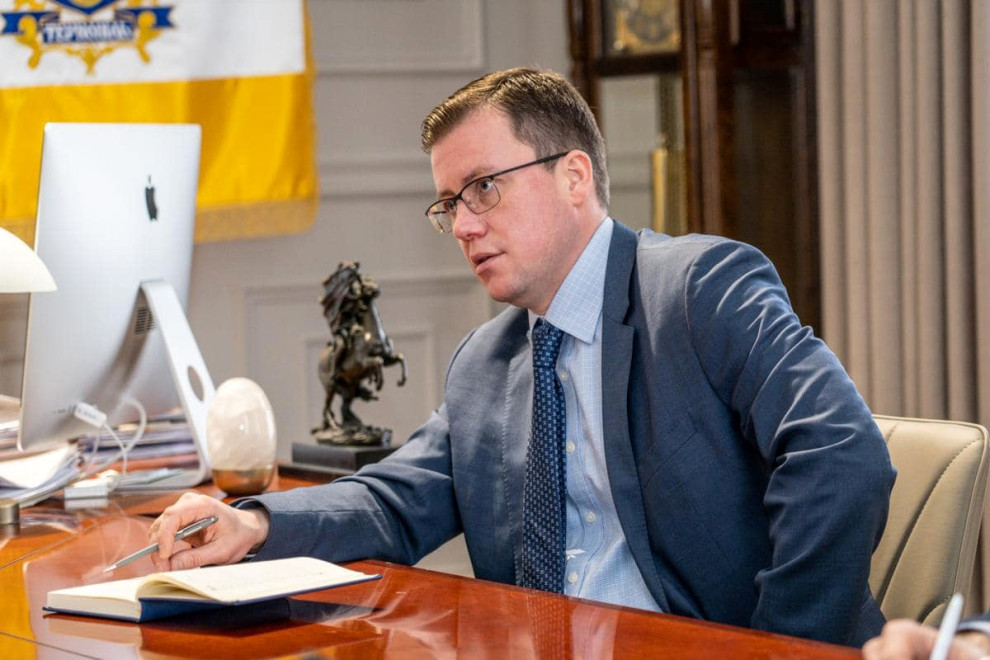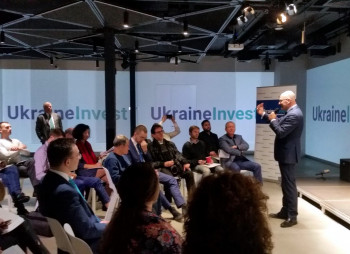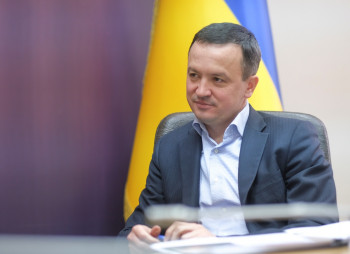If foreign direct investment (FDI) is a sign of international collaboration and engagement, war stands for the opposite. If capital crosses borders in the form of FDI to build bridges between foreign investors and local communities, when tanks do so they leave behind devastation and broken bridges — both physical and non. This is why the idea that FDI can still happen in times of war almost sounds like an oxymoron.
Yet Sergiy Tsivkach, the executive director of Ukraine’s national investment promotion agency, UkraineInvest, and his team have achieved what might seem impossible over the past 12 months, actively continuing to engage with foreign investors in defiance of Russian aggression. “If investors start planning to work with us ... we will feel more hope; our spirit will be reinforced,”. One year after Russian tanks rolled into Ukraine, UkraineInvest is working on a pipeline of 16 FDI projects worth a total $2.3bn.
Take us back to the immediate aftermath of the Russian invasion on February 24, 2022. What role did you envision for UkraineInvest at the time?
No one could believe what was happening. As like everyone, we were wondering how to keep our families and friends safe, and how to defend the country. Some of our people went to the frontline and the rest of us kept working on our daily duties. UkraineInvest has not stopped its operations for a single day since the beginning of the war.
We immediately switched to provide rapid response to businesses on the ground. In March, we decided to provide support to the development of the country’s regulatory environment for future reconstruction. We started working on regulatory updates, such as investment incentives to make Ukraine more attractive when attention came back. But that attention came back right away.
Since the beginning of May, we have received requests about the kind of business that could be done, the needs of reconstruction, enquiries about safety and security on the ground. We received hundreds of requests.
The first company that announced an intention to invest more than $200m in a new facility was the Irish construction materials company Kingspan. Other companies, such as Bayer and Nestlé, also announced similar investment intentions.
UkraineInvest managed to build a pipeline of investments from scratch, and lay the groundwork for those projects to happen once the war is over. How many projects have you been working on?
We have now a general pipeline of investment projects that features 16 projects for a total investment amount of more than $2.3bn dollars.
Beyond the capital and development element of these projects, do you have any special, emotional attachments to them?
Our role at UkraineInvest is to convey the message that investors can support Ukraine by starting to plan their investments here now.
This is about creating joint business opportunities, because companies entering Ukraine during or after the war will gain access a huge market.
Because of the devastation caused by the war, we will need a lot of construction materials, we will need new technologies, and the consumer market will be big. And there will be a need for new technologies because we don’t have just to rebuild Ukraine, we have to transform Ukraine.
Companies will be able to benefit the most if they go through the planning stage now, during the war, and then start building their facilities when the war ends. But it definitely has an emotional element to that too. Because if investors start planning their investment and working with us, we will feel more hope as the people and defenders of Ukraine — our spirit will be reinforced. And we will have a better understanding of what we are fighting for.





